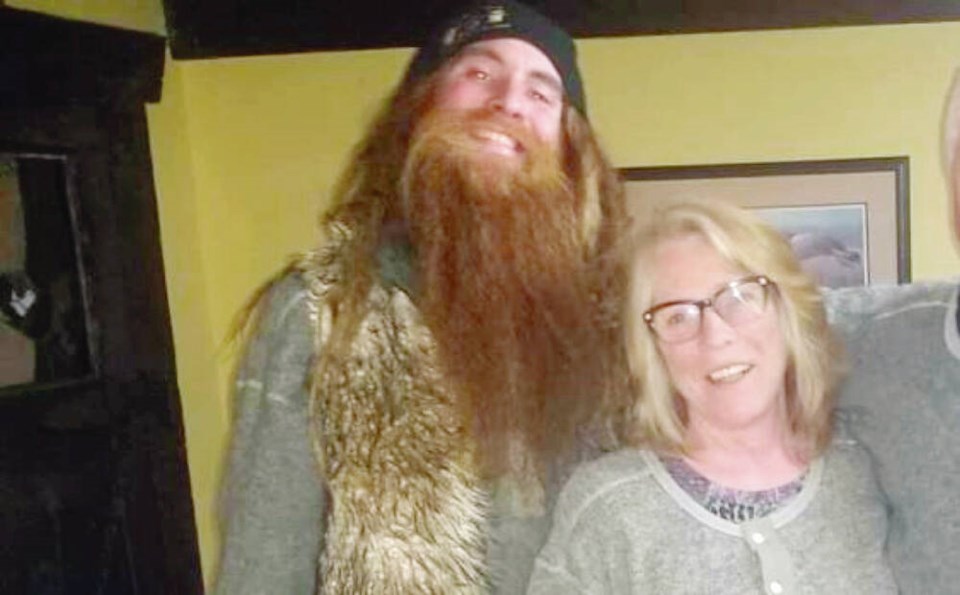A B.C. Supreme Court jury is deliberating whether a Port Alberni woman is guilty of the second-degree murder of her adult son.
Jesse McPhee, 37, was shot and killed at point-blank range with a hunting rifle in their shared home on Aug. 29, 2021.
Samantha Dittmer, 63, has pleaded not guilty to the crime, describing the fatal shooting as an “accident.” She testified that she was trying to give the rifle back to her son when he charged at her and the gun went off.
The Crown alleges that Dittmer reached her breaking point that day, dealing with her violent, unpredictable son.
In August 2021, she was under the care of a doctor for anxiety and panic attacks. She was overwhelmed by McPhee’s legal issues and concerned that men associated with his ex-wife would come to Port Alberni and harm them.
Four days before the shooting, Dittmer’s panic attacks were so severe she went to the emergency room at West Coast General Hospital. She was seen by a doctor and referred to Port Alberni mental health services for support.
On the afternoon of Aug. 29, Dittmer and McPhee had a loud argument. She drove off after McPhee hurt her and threatened to put her out of her misery.
The Crown alleges that when she returned home, Dittmer knelt down and retrieved a rifle from under her bed, loaded the gun, left the safety off and walked downstairs. She entered McPhee’s suite without saying a word, shouldered the rifle, pushed the muzzle into his chest and pulled the trigger. McPhee died almost immediately.
Second-degree murder is a deliberate killing that occurs without planning. The minimum sentence is life in prison with no parole for 10 years.
The jury must decide if Dittmer intended to cause McPhee’s death or intended to cause him bodily harm that would likely kill him.
If the jury finds she did not intend to cause McPhee’s death, they may also consider whether she is guilty of the lesser included offence of manslaughter. Manslaughter is a homicide committed without intent, although there may have been an intention to cause harm.
Manslaughter can result from an unlawful act when a person commits a crime that unintentionally results in the death of another person. In this case, the unlawful act is assault with a weapon or careless use of a firearm.
In some cases, a charge of murder can be reduced to manslaughter if the homicide was committed in an act of passion.
There is no minimum sentence for manslaughter except when it is committed with a firearm. In that case, the minimum sentence is four years.
The jury may also decide that the fatal shooting was an accident and acquit Dittmer.




